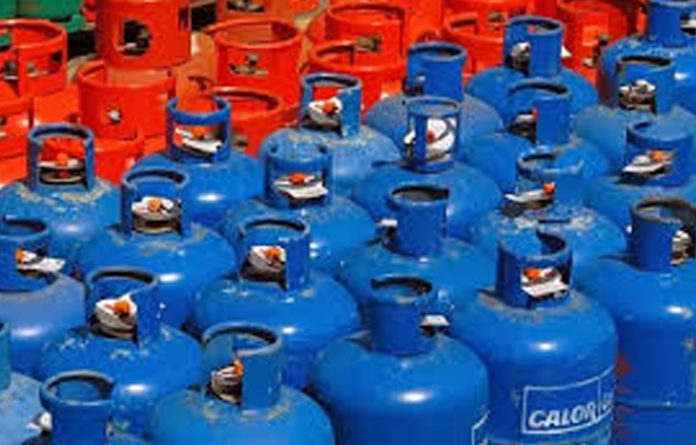…Launches Nigeria Gas Vehicle Monitoring System to Curb Unsafe Conversions
The Federal Government has announced that Nigeria has attracted over $491 million in investments into the Compressed Natural Gas (CNG) sector in under one year, despite early skepticism surrounding the policy shift from fossil fuels.
Engr. Michael Oluwagbemi, Programme Director/CEO of the Presidential CNG Initiative (PCNGI), made this disclosure while addressing State House correspondents on Monday in Abuja.
Oluwagbemi noted that the initiative, although still in its early stages, has already created over 9,000 direct jobs and 75,000 indirect jobs across the country.
“Nigeria’s vehicle conversion capacity from petrol and diesel to bi-fuel (CNG-compatible) vehicles has increased by nearly 3,000 percent. We’ve grown from just seven conversion centers to over 200 today, thanks to private sector participation,” he said. “This has directly led to the employment of over 3,000 technicians following the launch of the Conversion Incentive Program.”
Reacting to concerns over safety—particularly following a CNG vehicle explosion in Benin, Edo State—Oluwagbemi said the incident was the result of sabotage involving illegal fabrication of CNG tanks. He assured the public that regulatory steps have been taken to prevent a recurrence.
“To address safety concerns, we’re working with the Federal Ministry of Petroleum (Gas) and four key regulatory bodies—Standards Organisation of Nigeria (SON), National Automotive Design and Development Council (NADDC), Nigerian Midstream and Downstream Petroleum Regulatory Authority (NMDPRA), and the Federal Road Safety Corps (FRSC)—to launch the **Nigeria Gas Vehicle Monitoring System (NGVMS),” he said.
According to him, NGVMS will enforce strict safety compliance, ensuring that only properly converted and inspected CNG vehicles are refueled at gas stations and allowed on Nigerian roads.
“The Benin incident involved economic saboteurs engaged in illegal CNG cylinder fabrication, who were arrested by the police. With NGVMS in place, such illegal activities will be curtailed. We expect full rollout of the system by year-end,” he stated.
Oluwagbemi stressed that the administration remains committed to ensuring public safety and protecting investor confidence in the sector. “We won’t relent in ensuring the safety of lives and investments in the CNG space. That’s why we prioritized the issuance of regulatory standards from March 2024 and continue to work closely with agencies like SON and NADDC.”
He urged all industry participants to comply fully with regulatory safety requirements, as government agencies ramp up monitoring and enforcement efforts nationwide.
Further updates on the rollout and impact of the CNG policy are expected in the coming months.

